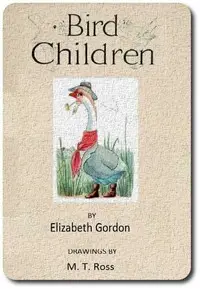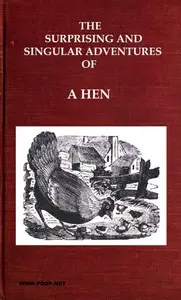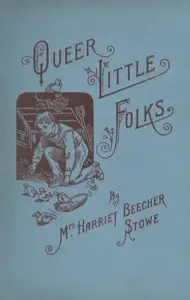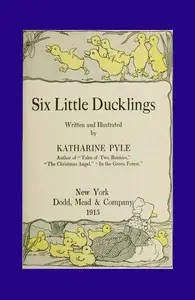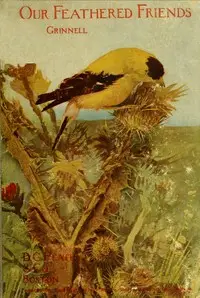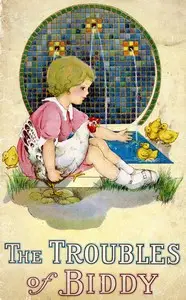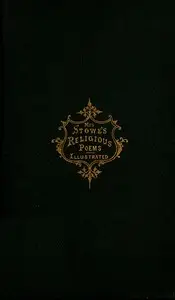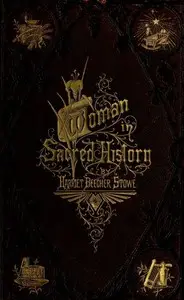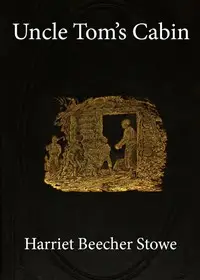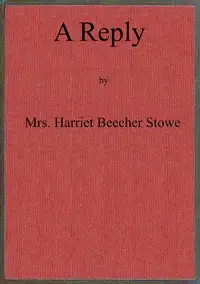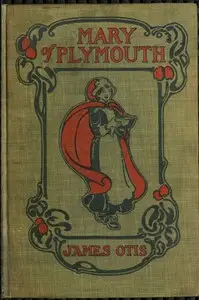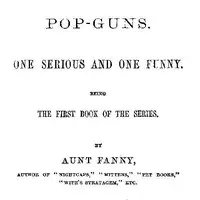"Queer Little People" by Harriet Beecher Stowe is a compilation of late 19th-century stories for kids, highlighting animals and their relationships to impart moral lessons alongside entertainment. These stories begin with the comical story of Mrs. Feathertop, a hen who finds herself raising ducklings after acting on the suggestion of a local boy. The initial reaction comes from her animal peers with jokes and doubts, they think her parenting will fail but she decides to take care of the ducklings regardless. As the story develops, Mrs. Feathertop accepts and cherishes her role as a mother, which leads to the happy hatching of her ducklings, who then beat all of the expectations. This sets a cheerful tone that emphasizes themes about finding yourself and pushing through, encouraging readers to enjoy the funny actions and growth of its animal characters.
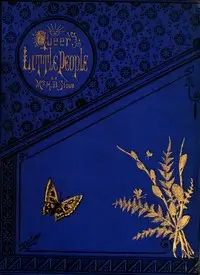
Queer little people
By Harriet Beecher Stowe
A lively hen raises ducklings in the face of laughter and doubt, showing everyone the true meaning of family.
Summary
About the AuthorHarriet Elisabeth Beecher Stowe was an American author and abolitionist. She came from the religious Beecher family and wrote the popular novel Uncle Tom's Cabin (1852), which depicts the harsh conditions experienced by enslaved African Americans. The book reached an audience of millions as a novel and play, and became influential in the United States and in Great Britain, energizing anti-slavery forces in the American North, while provoking widespread anger in the South. Stowe wrote 30 books, including novels, three travel memoirs, and collections of articles and letters. She was influential both for her writings as well as for her public stances and debates on social issues of the day.
Harriet Elisabeth Beecher Stowe was an American author and abolitionist. She came from the religious Beecher family and wrote the popular novel Uncle Tom's Cabin (1852), which depicts the harsh conditions experienced by enslaved African Americans. The book reached an audience of millions as a novel and play, and became influential in the United States and in Great Britain, energizing anti-slavery forces in the American North, while provoking widespread anger in the South. Stowe wrote 30 books, including novels, three travel memoirs, and collections of articles and letters. She was influential both for her writings as well as for her public stances and debates on social issues of the day.

